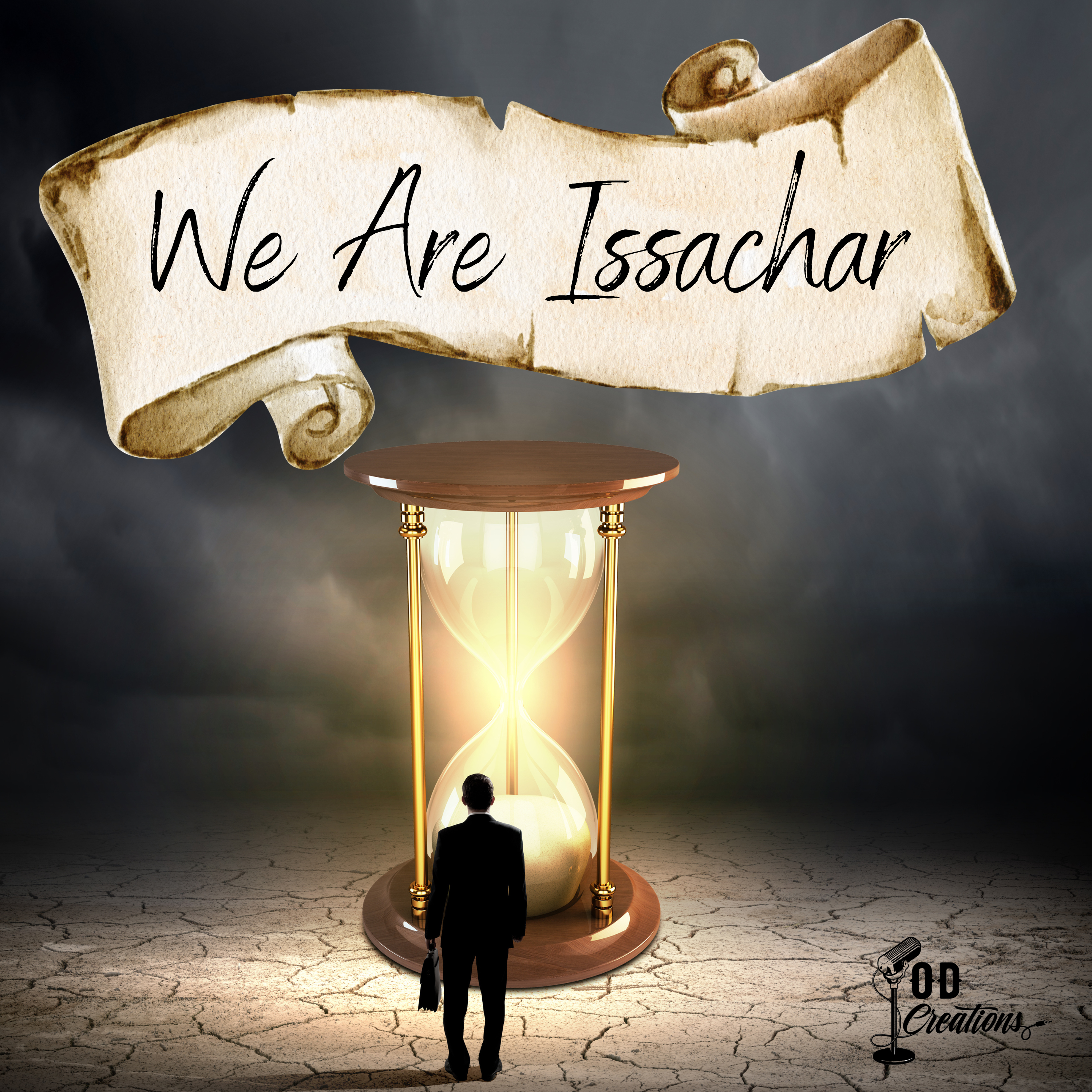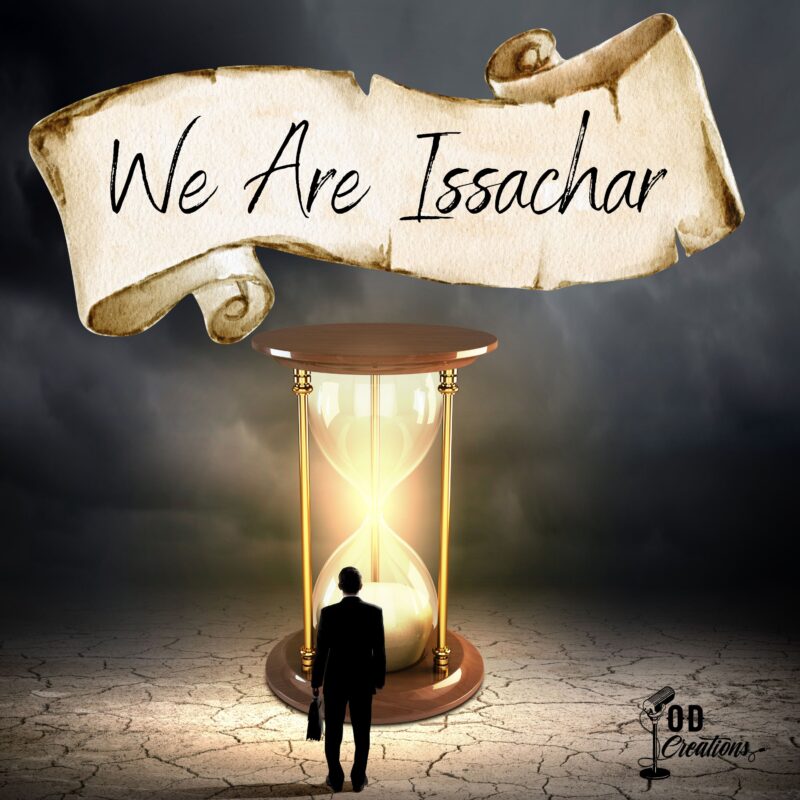
The 12 Tribes
It all
started when Abraham established himself in Canaan and paved the way for the
formation of the 12 Tribes of Israel. The death of Abraham in Genesis 25:8
signaled a change. **Read Verse** The Bible next turns to
Abraham’s son, Isaac. From Isaac comes Jacob. Jacob produces twelve sons, and
these twelve sons become the 12 tribes of Israel.
It quickly
becomes evident in Scripture that the 12 tribes of Israel were seldom unified
throughout much of the history of Israel. Though unified under Saul and then
David, factions existed within certain tribes which always fought against
common opinion. Intense rivalries existed between tribes, in some cases leading
to civil war, and ultimately responsible for the division into two separate
countries: Israel and Judah.
The
fundamental social and family unit of the ancient world was the Tribes, the
ancient world was composed of several different elements.
Tribes
consisted of families, typically extended families and individuals not of blood
relation. Oftentimes tribes would intermarry, and thus larger tribes, over the years,
may absorb lesser tribes. Tribes were more defined by geographical regions and
territories than by social position, or blood. Tribes served to unite diverse
families and members of society from all levels. The tribe was the social,
religious, political, and military backbone of society.
The twelve
tribes are as follows: Reuben, Simeon, Judah, Issachar, Zebulun, Benjamin, Dan,
Naphtali, Gad, Asher, Ephraim, and Manasseh.
The Tribe of
Levi is often not listed among the 12 Tribes of Israel. However, it is a tribe,
that is set apart from the other 12 as “God’s Chosen Tribe.” In Hebrew, Levi
means “attached” or “joining,” and is the one tribe that did not join in
worshipping the golden calf the Israelites created when Moses was on Mount
Sinai.
Nearing the
end of his life, Jacob names each tribe after ten of his sons and two of his
grandsons: Reuben, Simeon, Judah, Dan, Naphtali, Gad, Asher, Issachar, Zebulun,
Ephraim, Manasseh, and Benjamin. From his deathbed, Jacob goes into detail
about each tribe, sharing his blessings and prophecies for their descendants:
“All these are the twelve tribes of Israel, and this is what their father said
to them when he blessed them, giving each the blessing appropriate to him”
(Genesis 49:1-28)
in the
Bible, the Hebrew people, after the death of Moses, took possession of the
Promised Land of Canaan under the leadership of Joshua. Because the tribes were
named after the sons or grandsons of Jacob, whose name was changed to Israel
after he wrestled an angel of the Lord, the Hebrew people became known as
Israelites.
Jacob’s
first wife, Leah, bore him six sons: Reuben, Simeon, Levi, Judah, Issachar, and
Zebulun. Each was the father of a tribe, though Levi’s descendants (among whom
were Moses and Aaron), the priests and temple functionaries, were dispersed
among the other tribes and received no tribal land of their own. Two other
tribes, Gad and Asher, were named after sons born to Jacob and Zilpha, Leah’s
maidservant. Two additional tribes, Dan and Naphtali, were named after sons of
Jacob born of Bilhah, the maidservant of Rachel, Jacob’s second wife. Rachel
bore Jacob’s two sons, Joseph and Benjamin. The tribe of Benjamin provided
Israel with its first king, Saul, and was later assimilated into the tribe of
Judah. While no tribe bore the name of Joseph, two tribes were named after
Joseph’s sons, Manasseh and Ephraim. The 10 tribes that settled in northern
Palestine and were carried into captivity by the Assyrians became known as the
Ten Lost Tribes of Israel.
Now Let’s dive deeper into each
tribe.
Reuven
Reuven is the firstborn son of Jacob and
Leah and the father of the tribe of Reuven, one of the twelve tribes of Israel.
Reuben was
the firstborn son of Jacob. The Hebrew name Reuben translates to “Behold a
son!” The birth of Reuben was exciting for his mother Leah, who felt that Jacob
loved Rachel more than her (Genesis 29:16-17). Leah believed that this child
would make Jacob love her as much as he loved her sister (v. 32). The symbol
used for the tribe of Reuben, described by Jacob as “my firstborn, my might,
the first sign of my strength” (Genesis 49:3), is either a rising sun or a
blossoming plant.
The tribe of
Reuven settled east of the Jordan River and agreed to join the other tribes in
the war against the Philistines.
Simeon
Simeon was
the second son of Jacob and Leah and father of the tribe of Simeon, one of the
twelve tribes of Israel.
The Hebrew
meaning of his name means “God has heard that I was unloved” (Genesis
29:33). He and his brother Levi destroyed the entire village of Shechem in
retribution for the rape of their sister Dinah (Genesis 34). Simeon was a part
of the plot to sell his brother Joseph into slavery. After the family was
invited to Egypt during the famine in Canaan, he was appointed as the
individual to stay behind as collateral for Benjamin so that his brothers would
return from Canaan.
The tribe of
Simeon lived in the southernmost part of the Land of Israel.
Judah
Judah was
the fourth son of Jacob and father of the tribe of Judah, one of the twelve
tribes of Israel.
The name
Judah comes from the Hebrew word for gratitude. Leah gave birth to Judah and
said “Now I will praise God” (Genesis 30:35) It was his idea to sell
his brother Joseph to a Midianite slave trader rather than leave him to die in
the pit (Genesis 37:27). He later became the spokesman for his father Jacob and
his brothers when they traveled to Egypt during the famine in Canaan. He
marries Shua, a Canaanite woman, and has three sons: Er, Onan, and Shelah.
Judah is also involved with Tamar and has twin sons with her named Perez and
Zerach.
The tribe of
Judah inhabited Jerusalem during the reign of its kings David and Solomon and
was later the kingdom of all of the southern tribes of Israel.
The tribe of
Judah was the first territory established in the land of Israel, and it
occupied the southern part of the Holy Land. After settling south of Jerusalem,
Judah quickly became one of the most powerful tribes in Israel. Known as the
Tribe of Kings, Judah has many notable biblical descendants, including King
David, King Solomon, and Caleb, as well as Mary and Jesus in the Christian
Bible. In Hebrew, Judah (Yehuda) means “praise” and is often symbolized as a
lion.
Issachar
Issachar was
the ninth son of Leah and father to one of the twelve tribes of Israel.
One
interpretation of his name is “man of reward” (Hebrew: shcar).
Issachar was the product of the mandrake incident (Genesis 30:9-18) and was
involved in the plot to sell his brother Joseph into slavery. Issachar settled
in Egypt after the famine in Canaan and had four sons: Tolah, Puvvah, Yov and
Shimron. He receives a blessing from his father Jacob that he “bends his
back to the load, working like a slave” (Genesis 49:14-15). The descendants
of Issachar are men of learning according to Jewish tradition.
The tribe of
Issachar settled east of the Jordan River just below the Sea of Galilee.
The Tribe of
Issachar is symbolized by a donkey, after Jacob’s biblical blessing: “Issachar
is a rawboned donkey, lying down among the sheep pens. When he sees how good is
his resting place and how pleasant is his land, he will bend his shoulder to
the burden and submit to forced labor” (Genesis 49:15-15). Known for their
wisdom and foresight during the reign of David, tribesmen from Issachar are
described in the Bible as “men who understood the times and knew what Israel
should do” (1 Chronicles 12:32).
Zebulun
Zebulun was
the tenth son of Jacob and sixth of Leah and father of the tribe of Zebulun,
one of the twelve tribes of Israel.
When he was
born Leah said, “God has provided me with a good dowry” (Hebrew:
zvad). He was part of the plot to sell Joseph into slavery, and later one of
the groups was sent to Egypt to buy Grain. He later lived in Egypt with his
three sons Sered, Elon, and Jahleel. Zebulun received the blessing from Jacob:
“Zebulun shall settle the seashores; he will be a harbor for ships; his
border shall reach Sidon (Genesis 49:13). The tribe of Zebulun inhabited the
northern land of Canaan. Both the tribes of Naphtali and Zebulun are mentioned
as brave soldiers in the Song of Deborah during the battle against Sisera
(Judges 5:18).
The tribe of
Zebulun settled to the west of the tribe of Issachar, in the middle of Galilee.
Benjamin
Benjamin was
the son of Jacob and Rachel and the father of the tribe of Benjamin, one of the
twelve tribes of Israel.
Originally
named Ben-oni, or “son of my affliction” by his mother as she lay
dying in labor, his name was later changed to Benjamin, meaning “son of my
right hand” (Genesis 48:14). Next to Joseph, he was his favorite son.
Benjamin the twelfth son of Jacob and born after Joseph was sold into slavery.
After the family was invited to Egypt, Joseph sabotaged Benjamin’s sack by
putting a silver cup in it and accusing the brothers of stealing. Joseph
thought Benjamin would remain in Egypt, but Judah offered to take his place,
saying that his father would be devastated if Benjamin did not return. Jacob
later blesses Benjamin while on his deathbed, calling Benjamin “a vicious
wolf, devouring the prey in the morning, and dividing the spoil at night”
(Genesis 49:27).
The tribe of
Benjamin settled in central Israel, a plot that included the cities of Jericho
and Jerusalem.
Dan
Dan was the
son of Jacob and Bilhah (Rachel’s maidservant) and father of the tribe of Dan
and one of the twelve tribes of Israel.
Dan was one
of the brothers involved in the plot to sell his brother Joseph into slavery.
Later, Dan’s father Jacob sent him to Egypt to buy corn during the severe
famine in Canaan. Dan receives a blessing from Jacob that “Dan shall judge
his people” (Genesis 49:16). Similarly, one explanation of the name Dan is
that when Rachel was convinced that she was unable to have children, she cried
“God has judged me” (Genesis 30:5). The region of Dan in the Book of
Judges is located in the far north of Canaan and referred to early in Genesis
(Genesis 14:14).
The tribe of
Dan also settled in the southern part of the country and since the tribal territory
covered both northern and southern parts of the country the expression
“from Dan to Beer-sheba” indicates the entire span of the Israelite
land.
The fifth
son of Jacob, Dan’s name translates to “God is my judge” in Hebrew, as the
Tribe of Dan was known for its judges and laws. In fact, one of the most
prominent judges of Israel, Samson, descended from the Tribe of Dan. The tribe
is often symbolized as the scales of justice or as a snake, the latter the
result of Jacob’s blessing for his fifth son: “Dan shall be a serpent in the
way, a viper by the path, that bites the horse’s heels so that his rider falls
backward” (Genesis 49:17).
Naphtali
Naphtali was
the son of Jacob and Rachel’s maidservant Bilhah and the father of the tribe of
Naphtali, one of the twelve tribes of Israel.
The tribe of
Naphtali settled in northern Canaan and were described as brave soldiers in the
Song of Deborah (Judges 5:18). Naphtali’s blessing from his father called him
“a running deer” (Genesis 49:21). Naphtali was given his name because
Rachel said, “With great wrestling’s have I wrestled my sister”
(Genesis 30:8).
Gad
Gad was the
seventh son of Jacob and father of the tribe of Gad, one of the twelve tribes
of Israel.
His mother
was Zilpah, Jacob’s concubine, and Leah’s slave. Gad’s name comes from the
Hebrew word troop. Leah named him Gad, saying “A troop is coming.” He
was part of the plot to sell Joseph to Egypt and was later sent to Egypt to buy
grain during the famine in Canaan. Gad later moved to Egypt and lived there
with his seven sons. Jacob blessed Gad on his deathbed, saying: “Raiders
will raid Gad, but he will raid at their heel” (Genesis 49:19).
The tribe of
Gad settled on the eastern bank of the Jordan River in the Gilead region and
agreed to join the other tribes in the war against the Philistines.
Settled into
territory east of the Jordan River, the Bible describes the Tribe of Gad as
“brave warriors, ready for battle and able to handle the shield and spear” (1
Chronicles 12:8). The name Gad means “warrior” in Hebrew, and this tribe is
symbolized by a military tent, for those who protected the borders of Israel,
traced back to Jacob’s blessing for his seventh son: “Raiders shall raid Gad,
but he shall raid at their heels” (Genesis 49:19).
Asher
Asher was
the eighth son of Jacob and the father of the tribe of Asher, one of the twelve
tribes of Israel.
His mother
was Zilpah, Leah’s maidservant. Leah named him Asher, saying “Happy am
I” (Genesis 30:13). Asher played a role in the plot to sell his brother
Joseph into slavery. Asher and his four sons and daughter later settled in
Egypt. Jacob blessed Asher on his deathbed, saying: “From Asher will come
the richest food; he will provide the king’s delights” (Genesis 49:20)
The tribe of
Asher settled along the northern Mediterranean coast of Israel, as far north as
the city of Tyre.
Ephraim
Ephraim was
the brother of Manasseh and the son of Joseph and Asenath, a woman who was
given to Joseph as a gift from the Pharaoh.
Jacob
adopted the two sons as part of the tribe of Simeon and Reuben. Ephraim
received the blessing of the firstborn, although Manasseh was the eldest
because Jacob foresaw that Ephraim’s ancestors would be greater than his
brother’s (Genesis 48:13-20).
The tribe of
Ephraim settled in central Israel, stretching from just west of the Jordan
River to the central coast of the Mediterranean Sea.
Manasseh
Manasseh was
the son of Joseph and Asnat (who was given to Joseph as a gift from the
Pharaoh) and the brother of Ephraim.
Jacob adopts
both Manasseh and his brother Ephraim as part of the tribe of Simeon and
Reuben. Although Manasseh was technically the eldest son, he did not receive
the greater blessing. Ephraim does, as Jacob foresaw that his descendants were
more worthy of the blessing than Manasseh’s (Genesis 48:13-20).
The tribe of
Manasseh settled across the largest territory in Israel, stretching from the
Jordan River across to the Mediterranean Sea. Half of the tribe settled east of
the Jordan River but agreed to join the rest of the people in the war against
the Philistines.


